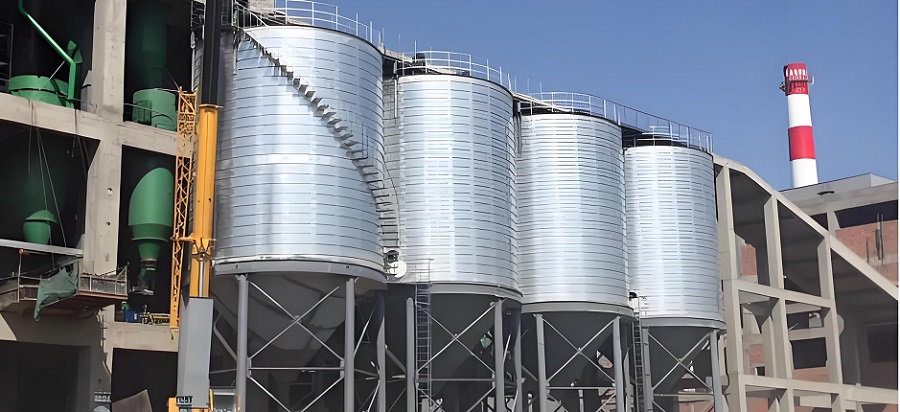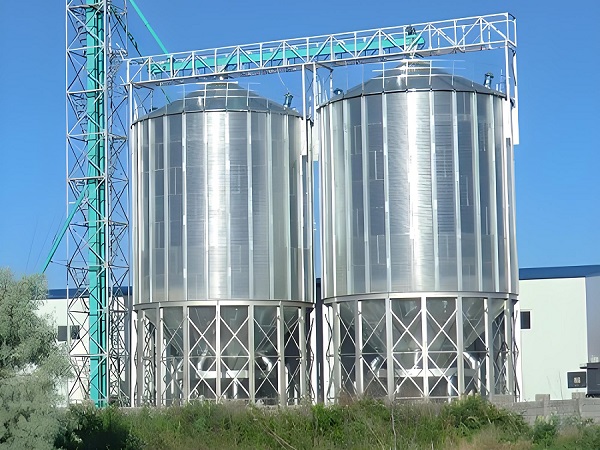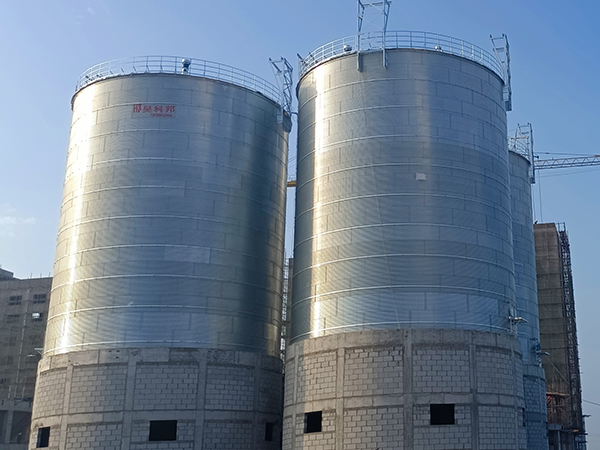Spiral Silo Purchase: A Comprehensive Guide to Choosing the Right Storage Solution
Spiral silos play a crucial role as storage equipment in modern agriculture and industry. The process of Spiral Silo Purchase is pivotal for efficient operations and cost management within enterprises.
- Main Advantages of Wheat Silo in Uganda
- Main Functions of Wheat Silo in Uganda
- Corn mill factory in Mali
- Maintenance Methods for Wheat Silo in Uganda
- Maintenance Methods for a Rice Silo in Uganda
- Wheat mill supplier in Malawi
- Installation Process of a Rice Silo in Uganda
- Structural Composition of a Rice Silo in Uganda
- Flour mill sale in Rwanda
- Main Advantages of Rice Silo in Uganda
- Primary Functions of Rice Silo in Uganda
- Grinding mill cost in Libya
Preface
Spiral silos play a crucial role as storage equipment in modern agriculture and industry. The process of Spiral Silo Purchase is pivotal for efficient operations and cost management within enterprises. This article explores key considerations and best practices for Spiral Silo Purchase, aiming to assist businesses in selecting the optimal storage solutions.


Introduction to Spiral Silo
Spiral silos are cylindrical structures used for storing various materials, typically constructed from high-strength steel or stainless steel. Designed to protect stored materials from external environmental factors, spiral silos ensure both safety and efficiency in material storage. In agriculture, spiral silos are widely used for long-term storage of grains, seeds, and feed, while in industry, they find applications in sectors such as chemical storage and construction materials.
How to Choose the Right Spiral Silo
1. Determine Storage Needs and Capacity
Before Spiral Silo Purchase, enterprises need to accurately determine their storage requirements and desired capacity. Factors such as the type, quantity, and characteristics of materials to be stored, along with storage duration and access frequency, are crucial in determining the size and configuration of spiral silos to meet operational needs effectively.
2. Consider Usage Environment and Conditions
The usage environment significantly influences the design and material selection of spiral silos. For instance, in high-humidity or corrosive environments, opting for corrosion-resistant materials like stainless steel can extend the lifespan of spiral silos. Additionally, factors such as climate conditions, safety requirements, and operational convenience should be considered to ensure optimal performance and longevity of the silos.

3. Evaluate Supplier Reputation and Experience
Choosing a reputable and experienced supplier for spiral silos is paramount. Supplier reputation directly impacts product quality and subsequent after-sales service. Enterprises can assess supplier reputation and experience by reviewing customer feedback, visiting production facilities, and understanding their standing within the industry.
4. Compare Quality and Performance of Different Products
Product quality and performance are critical considerations in the purchasing process of spiral silos. Enterprises should compare products offered by different suppliers, including materials used, manufacturing processes, design features, and safety performance. High-quality spiral silos should demonstrate excellent sealing, durability, and operational efficiency to ensure stable long-term material storage.
5. Focus on Cost-effectiveness and Long-term ROI
Apart from product quality, cost-effectiveness and long-term return on investment (ROI) are vital factors in the decision-making process for Spiral Silo Purchase. Enterprises should consider the overall costs, including purchase price, transportation, installation expenses, as well as ongoing maintenance and energy consumption. Choosing products with high cost-effectiveness and suppliers offering reasonable prices can help businesses reduce overall costs and achieve long-term economic benefits.
Conclusion
Spiral silo are integral to storage solutions in various industries, requiring careful consideration of multiple factors during the selection and purchasing process. By identifying storage needs, considering usage environments, selecting reputable suppliers, comparing product quality and performance, and focusing on cost-effectiveness, enterprises can choose the right spiral silos that enhance operational efficiency and optimize cost management.







